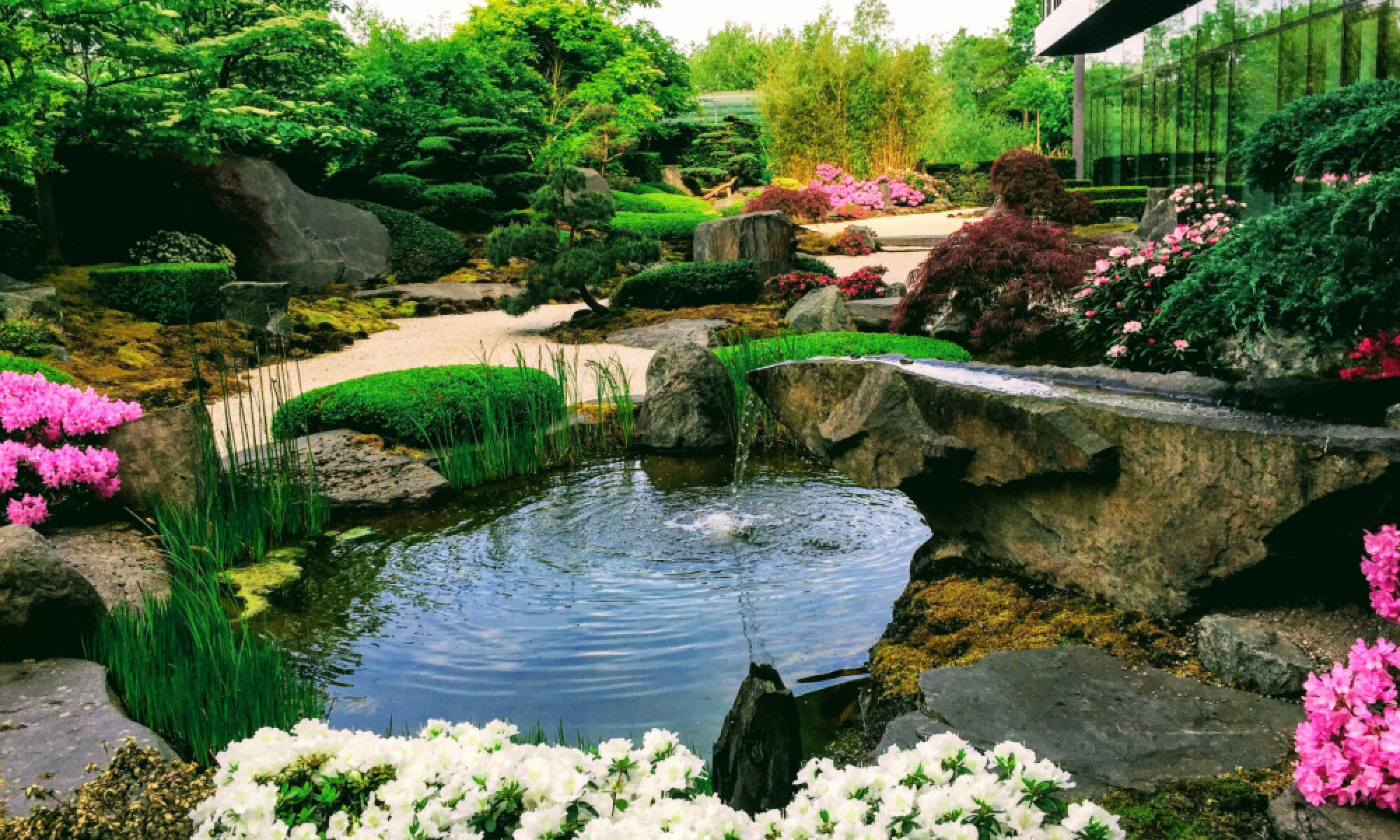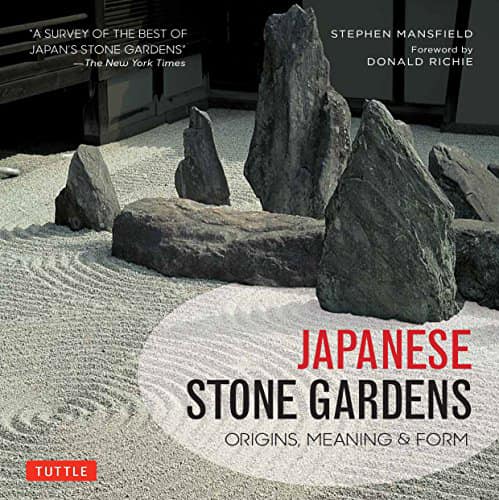por Stephen Mansfield (15 agosto 2017)
El jardín de piedra japonés es una forma de arte reconocida en todo el mundo. Estos jardines meditativos proporcionan entornos tranquilos donde los visitantes pueden liberarse de las cargas y el estrés de la existencia moderna, satisfacer un anhelo ancestral de soledad y reposo, y experimentar el poder restaurador del arte y la naturaleza. Por esta razón, el valor de los jardines de piedra japoneses es hoy, posiblemente, aún mayor que cuando se crearon muchos de ellos.
En este libro se presentan quince jardines, algunos muy conocidos, como los famosos jardines de los templos de Kioto, otros no tanto, entre ellos jardines repartidos por el sur de la isla de Honshu y las islas meridionales de Shikoku y Kyushu y en la lejana Okinawa.
Reseña de The New York Times
por Dominique Browning, Dic. 3, 2009
(…)
Yin, yang and yen: Those rocks really do it for me. I’m enchanted by the contemplation of precisely raked waves of sand and pebble, and I don’t think it’s just because I’m in awe of the meticulous housekeeping required to maintain such tranquil vistas. It is, rather, my yearning response to all forms of minimalism: Oh, for the simple life, undisturbed by the hyper-stimulation of modernity, unattached to material possessions, untouched by messy reality. “In this newly induced state of mind,” Stephen Mansfield writes in JAPANESE STONE GARDENS: Origins, Meaning, Form (Tuttle, $24.95), “the essential symbolism of the garden elements, stones standing for the eternal structure of the universe, sand and gravel for the temporary nature of the phenomenal world, reveals itself.” How can you not be enthralled by the Kyokusui no Niwa (Garden of the Undulating Stream), which “takes its name from an ancient Japanese ceremony called Doll Floating, in which dolls were sent down rivers on miniature boats, carrying off bad luck with them.” Though I do wish photographers wouldn’t shoot in the glare of noon, this survey of the best of Japan’s stone gardens may send you into the sort of fugue state in which you wake up to find yourself floating through the airport, boarding pass in hand. (…)

